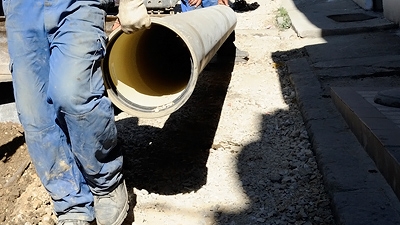Approximately 50,000 residents in Managua will benefit from pilot projects that use the new condominial system of managing household sanitation connections.
The condominial system, which requires homeowners to make collective decisions regarding monetary, maintenance, and development matters, sparked interest among participants at a specialized workshop led by the World Bank and the Water and Sanitation Program (WSP) to address ways of increasing the rate of household connections to new sewer systems.
Community leaders, along with 35 specialists from the Nicaraguan Water Utility Enacal, the Rural Water Supply and Sanitation Project (Prasnica), and the Municipality of Managua convened at the workshop to share good practices on low-cost sewer systems in Latin America; raise awareness of the importance of social participation to achieve better results; and identify meaningful lessons to strengthen the Nicaraguan water and sanitation sector.
The condominial system raised interest because this participatory approach has led to substantial reductions in construction costs and improved operation and maintenance. As a result of the meeting, authorities from Enacal with support from the World Bank-funded PRASMA project (Water and Sanitation Program of Managua) have begun implementing this system through pilot projects, which if successful and scaled up, have the potential to benefit millions.

